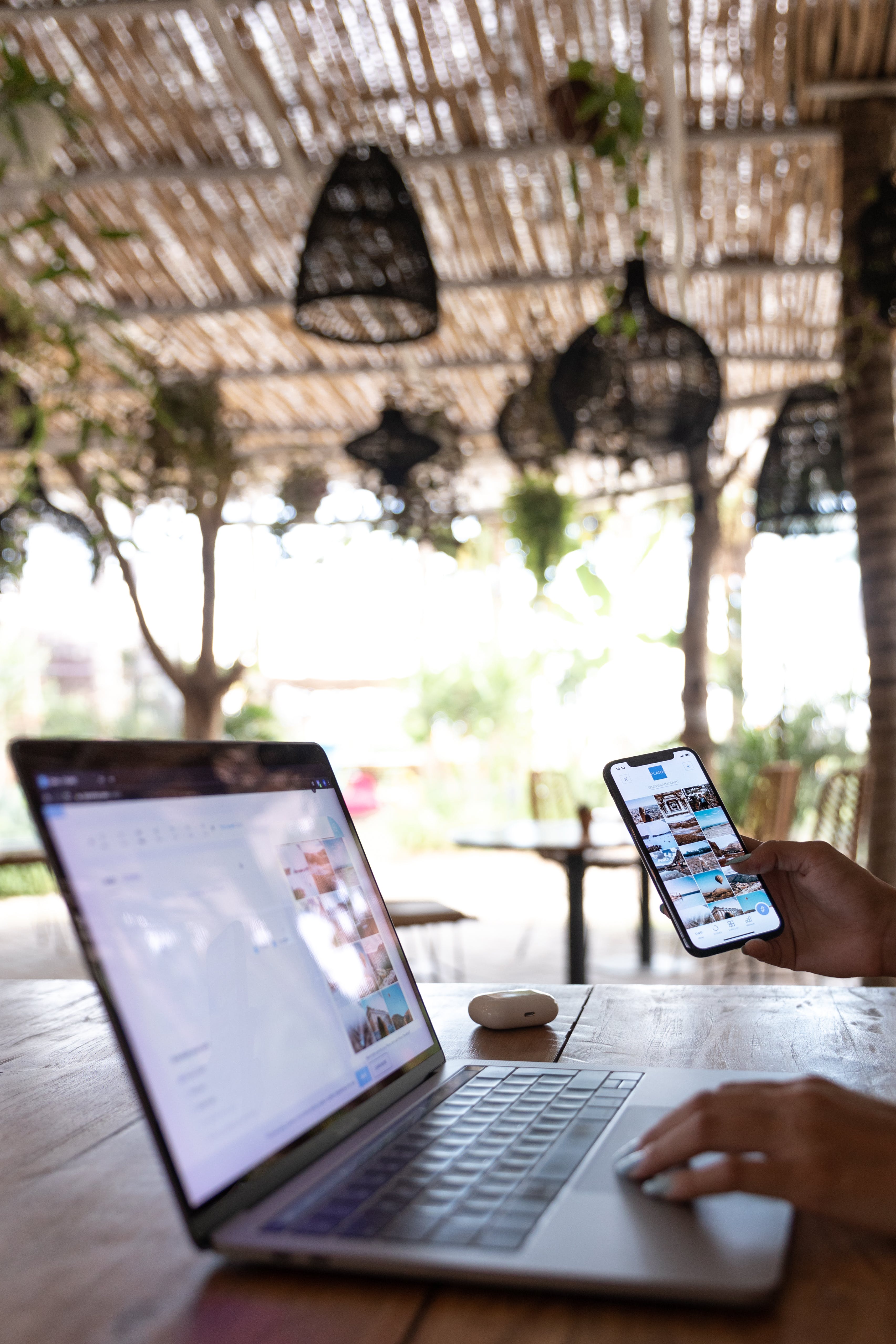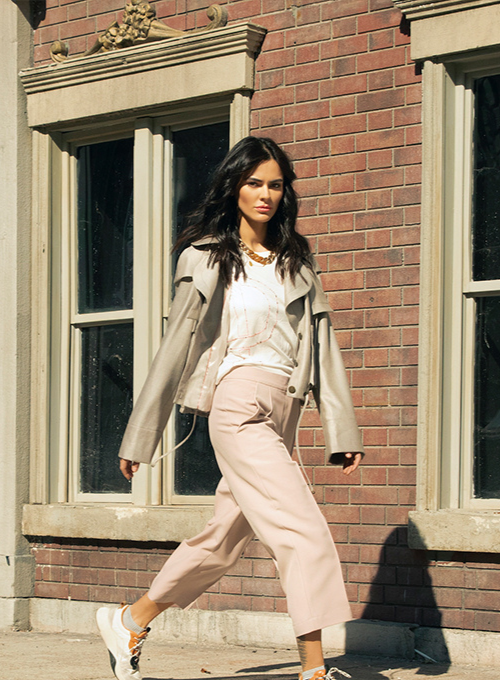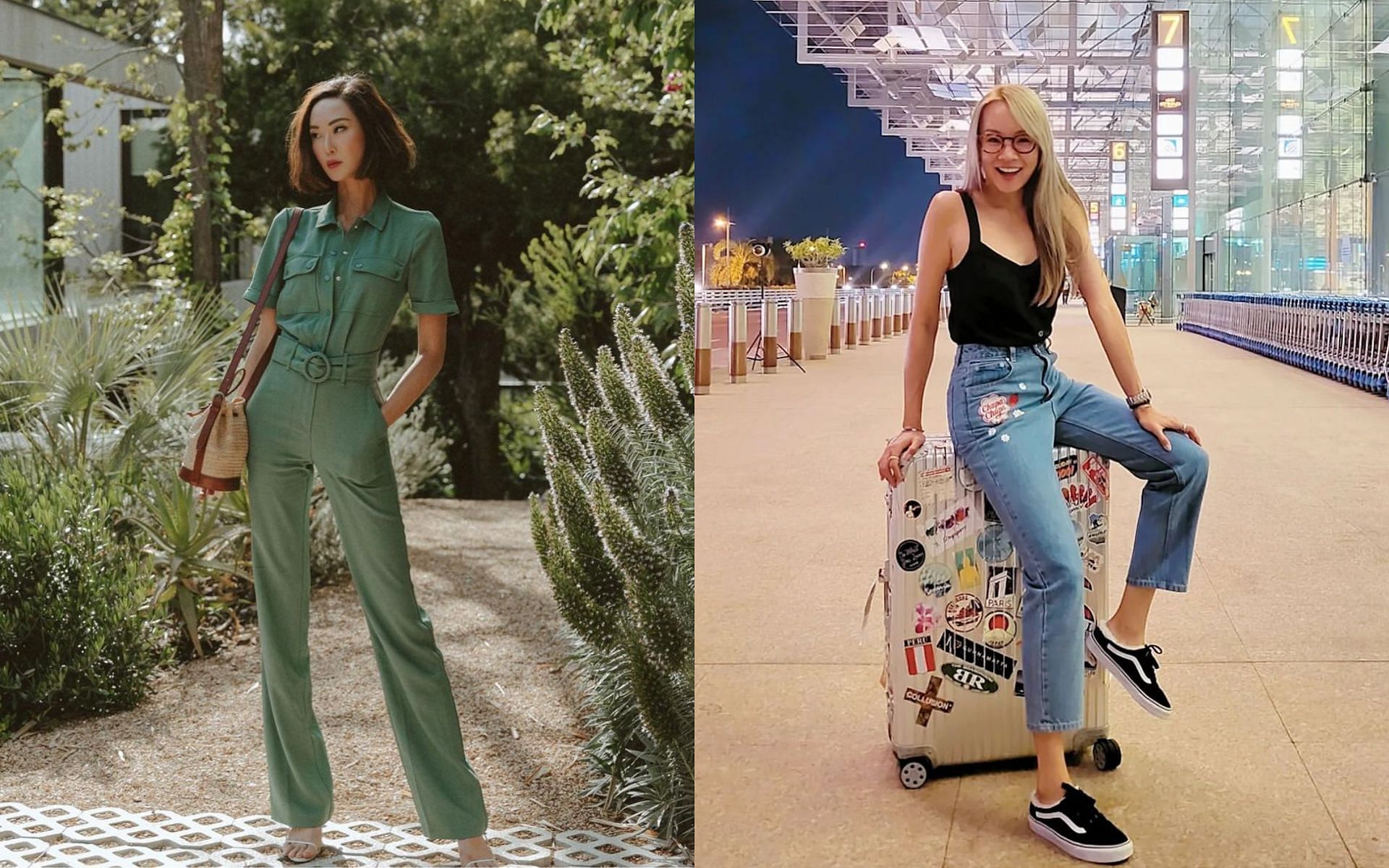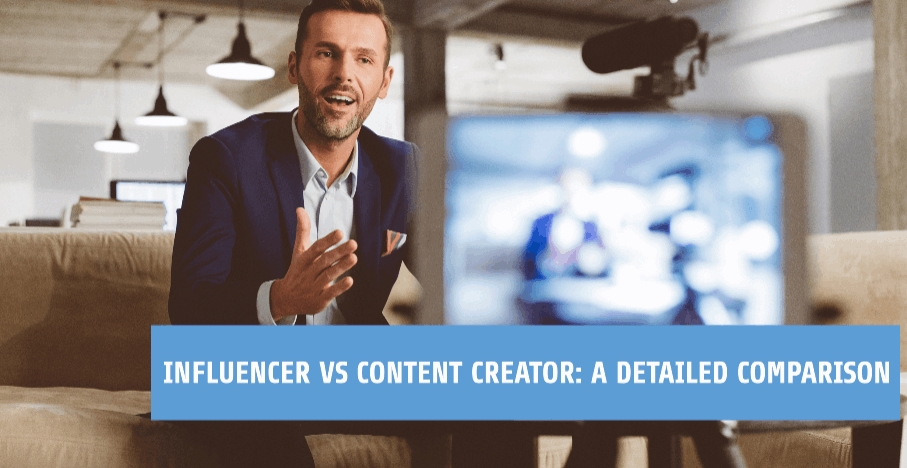“Influencer vs. Celeb Style: A Modern Fashion Face-Off
Related Articles Influencer vs. Celeb Style: A Modern Fashion Face-Off
- Runway To Real Life: Bridging The Gap Between High Fashion And Everyday Style
- Absolutely! Here’s A Comprehensive Article On Celebrity-inspired Outfits, Aiming For That 1600-word Target.
- Fashion Flashbacks: A Journey Through The Decades Of Style
- The Reign Of Style: How Fashion Trend Influencers Are Shaping The Way We Dress
- TikTok’s Reign: How The Platform Revolutionized Fashion Trends
Introduction
With great enthusiasm, we’re diving into an engaging topic related to Influencer vs. Celeb Style: A Modern Fashion Face-Off. Join us as we weave together valuable insights and fresh perspectives to bring a new dimension to your understanding.
Table of Content
Influencer vs. Celeb Style: A Modern Fashion Face-Off

In the ever-evolving world of fashion, the battle between influencer style and celebrity style rages on. Both have their unique appeal, influencing trends, and captivating audiences worldwide. But what exactly sets them apart? And which one holds more sway in today’s fashion landscape? Let’s delve into the nuances of influencer vs. celeb style to uncover the key differences and explore their impact on the industry.
Defining Influencer Style
Influencer style is characterized by its relatability, accessibility, and authenticity. Influencers are often everyday individuals who have cultivated a strong online presence through their engaging content and unique fashion sense. They connect with their followers on a personal level, sharing their daily outfits, styling tips, and product recommendations.
Key characteristics of influencer style include:
- Relatability: Influencers often showcase affordable and attainable fashion choices, making it easier for their followers to replicate their looks.
- Accessibility: Influencers actively engage with their audience, responding to comments, answering questions, and providing personalized styling advice.
- Authenticity: Influencers strive to maintain a genuine connection with their followers, sharing their personal experiences and showcasing their true selves.
- Trendsetting: Influencers are quick to embrace new trends and experiment with different styles, inspiring their followers to step outside their comfort zones.
- Collaboration: Influencers frequently collaborate with brands, promoting their products and creating exclusive collections.

Defining Celeb Style
Celeb style, on the other hand, is defined by its glamour, exclusivity, and aspirational nature. Celebrities are often seen as fashion icons, setting trends on red carpets, magazine covers, and in their everyday lives. They have access to high-end designers, stylists, and exclusive events, allowing them to showcase the latest and greatest in fashion.
Key characteristics of celeb style include:
- Glamour: Celebrities often wear extravagant and eye-catching outfits, showcasing their status and wealth.
- Exclusivity: Celebrities have access to designer clothing and accessories that are not readily available to the general public.
- Aspirational: Celebrities are often seen as role models, inspiring their fans to emulate their style and achieve a similar level of success.
- Trendsetting: Celebrities have the power to launch new trends and revive old ones, influencing the fashion choices of millions.
- Endorsements: Celebrities frequently endorse brands, lending their image and credibility to promote products and services.


Key Differences Between Influencer and Celeb Style
While both influencer and celeb style have their merits, there are several key differences that set them apart:
-
Relatability vs. Aspiration: Influencer style is rooted in relatability, showcasing attainable fashion choices that resonate with everyday individuals. Celeb style, on the other hand, is often aspirational, showcasing extravagant and exclusive outfits that are out of reach for most people.
-
Accessibility vs. Exclusivity: Influencers are accessible to their followers, engaging with them on social media and providing personalized styling advice. Celebrities, on the other hand, are often seen as distant and unapproachable, with limited interaction with their fans.
-
Authenticity vs. Image: Influencers strive to maintain a genuine connection with their followers, sharing their personal experiences and showcasing their true selves. Celebrities, on the other hand, often curate a carefully crafted image, presenting a polished and idealized version of themselves to the public.
-
Trendsetting Power: Both influencers and celebrities have the power to set trends, but their influence differs. Influencers often focus on micro-trends, catering to specific niches and communities. Celebrities, on the other hand, tend to influence macro-trends, impacting the fashion choices of a wider audience.
-
Monetary Influence: Celebrities often have endorsement deals with large fashion houses and brands, and their styles are often carefully curated by stylists. Influencers can also have these deals, but are often able to have more creative freedom with their outfits.
Impact on the Fashion Industry
Both influencer and celeb style have a significant impact on the fashion industry, shaping trends, influencing consumer behavior, and driving sales.
-
Trendsetting: Both influencers and celebrities play a crucial role in setting trends, inspiring their followers to experiment with new styles and embrace emerging fashion movements.
-
Consumer Behavior: Influencer and celeb style can influence consumer behavior, driving demand for specific products and brands. When an influencer or celebrity wears a particular item, it can quickly become a must-have for their followers.
-
Brand Awareness: Influencer and celeb endorsements can significantly boost brand awareness, exposing products and services to a wider audience.
-
Sales: Influencer and celeb style can directly impact sales, driving traffic to online stores and brick-and-mortar retailers.
-
Democratization of Fashion: Influencer style has contributed to the democratization of fashion, making it more accessible and inclusive. Influencers often showcase affordable and attainable fashion choices, empowering their followers to express their personal style without breaking the bank.
The Rise of the "Influencer Celebrity"
In recent years, the line between influencers and celebrities has blurred, giving rise to the "influencer celebrity." These individuals have gained mainstream recognition through their online presence, transitioning from social media stars to household names.
Examples of influencer celebrities include:
-
Chiara Ferragni: An Italian fashion blogger and entrepreneur with over 27 million followers on Instagram.
-
Aimee Song: A Korean-American fashion blogger and interior designer with over 6 million followers on Instagram.
-
Bretman Rock: A Filipino-American beauty influencer and social media personality with over 18 million followers on Instagram.
Influencer celebrities often combine the relatability of influencers with the glamour of celebrities, creating a unique and powerful force in the fashion industry. They have the ability to influence trends, drive sales, and shape consumer behavior on a global scale.
The Future of Fashion Influence
As the fashion industry continues to evolve, the influence of both influencers and celebrities will likely remain strong. However, the dynamics of their influence may shift.
-
Increased Authenticity: Consumers are increasingly seeking authenticity and transparency from the individuals they follow. Influencers who can maintain a genuine connection with their audience will likely thrive, while those who prioritize image over substance may struggle.
-
Niche Communities: As social media platforms become more fragmented, influencers may focus on building niche communities around specific interests and passions. This will allow them to connect with their followers on a deeper level and create more targeted content.
-
Sustainability: With growing awareness of the environmental and social impact of the fashion industry, influencers and celebrities will likely play a more prominent role in promoting sustainable and ethical fashion choices.
-
Inclusivity: The fashion industry is becoming more inclusive, embracing diversity in terms of race, body size, and gender identity. Influencers and celebrities who champion inclusivity and celebrate individuality will likely resonate with a wider audience.
Conclusion
Influencer and celeb style both hold significant sway in today’s fashion landscape. Influencer style is characterized by its relatability, accessibility, and authenticity, while celeb style is defined by its glamour, exclusivity, and aspirational nature. While both have their unique appeal, influencer style has contributed to the democratization of fashion, making it more accessible and inclusive. As the fashion industry continues to evolve, both influencers and celebrities will play a crucial role in shaping trends, influencing consumer behavior, and driving sales. The key to success will be authenticity, transparency, and a commitment to sustainability and inclusivity.

Closing
With that, we hope this article has provided valuable insights into Influencer vs. Celeb Style: A Modern Fashion Face-Off. We hope you found this article both informative and helpful. See you in our next article!


